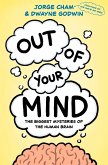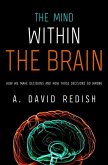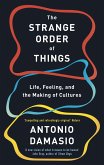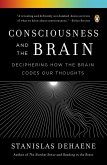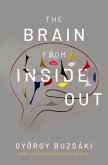THE FORM WITHIN is the fascinating story of two hundred years of pioneering brain research, told from the unique perspective of the only brain scientist who has been, and still remains, an active participant in that story throughout the past seventy years: Karl H. Pribram. In THE FORM WITHIN, Dr. Pribram takes us on a compelling journey from the dawn of our collective "recorded perceptions” in cave paintings to our greatest achievements as a species. He explains the important task of mapping the brain; the discovery of our holographic processing of memory and perception; and the detailed research that has created our understanding of self-organizing biological systems. Along the way, Pribram shares the intimate interactions he has had with luminaries of twentieth-century science, including David Bohm, Francis Crick, John Eccles, Dennis Gabor, Hubel and Wiesel, Wolfgang Kohler, Karl Lashley, Aleksandr Romanovitch Luria, Ilya Prigogine, B. F. Skinner, Eugene Sokolov, and many others. But this riveting glimpse into our past is only a part of the story. Pribram also provides us with insightful breakthroughs into a science of the future, and points the way to where our understanding of the brain is headed.
Dieser Download kann aus rechtlichen Gründen nur mit Rechnungsadresse in A, D ausgeliefert werden.



